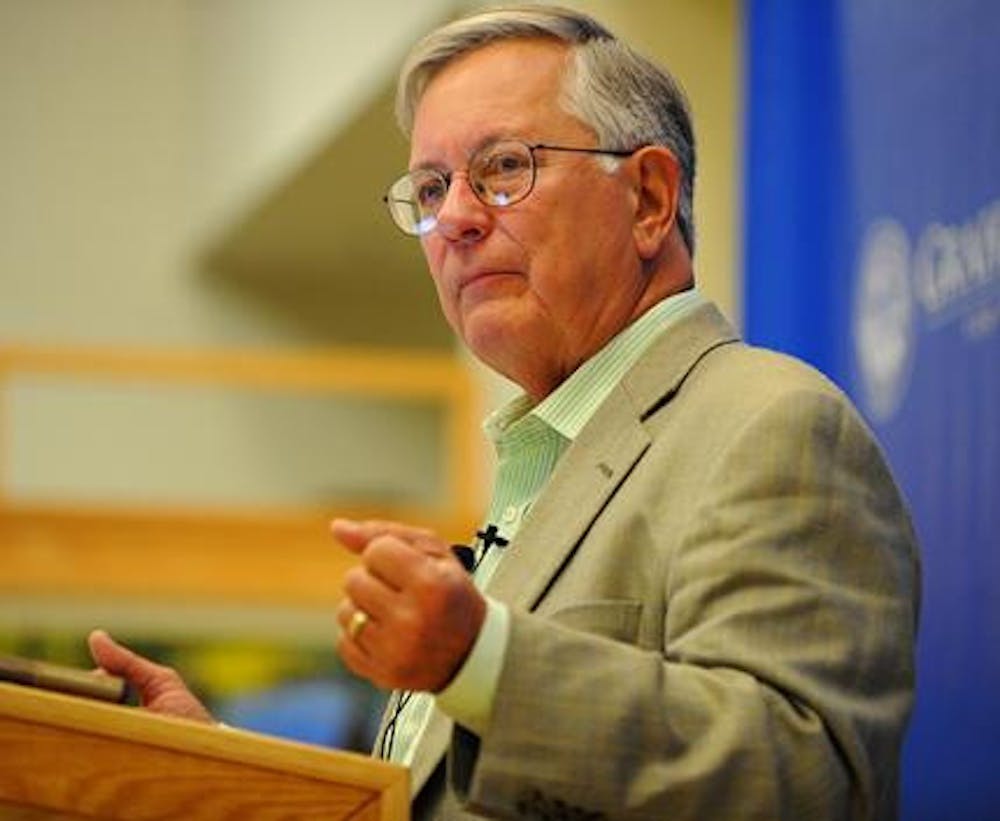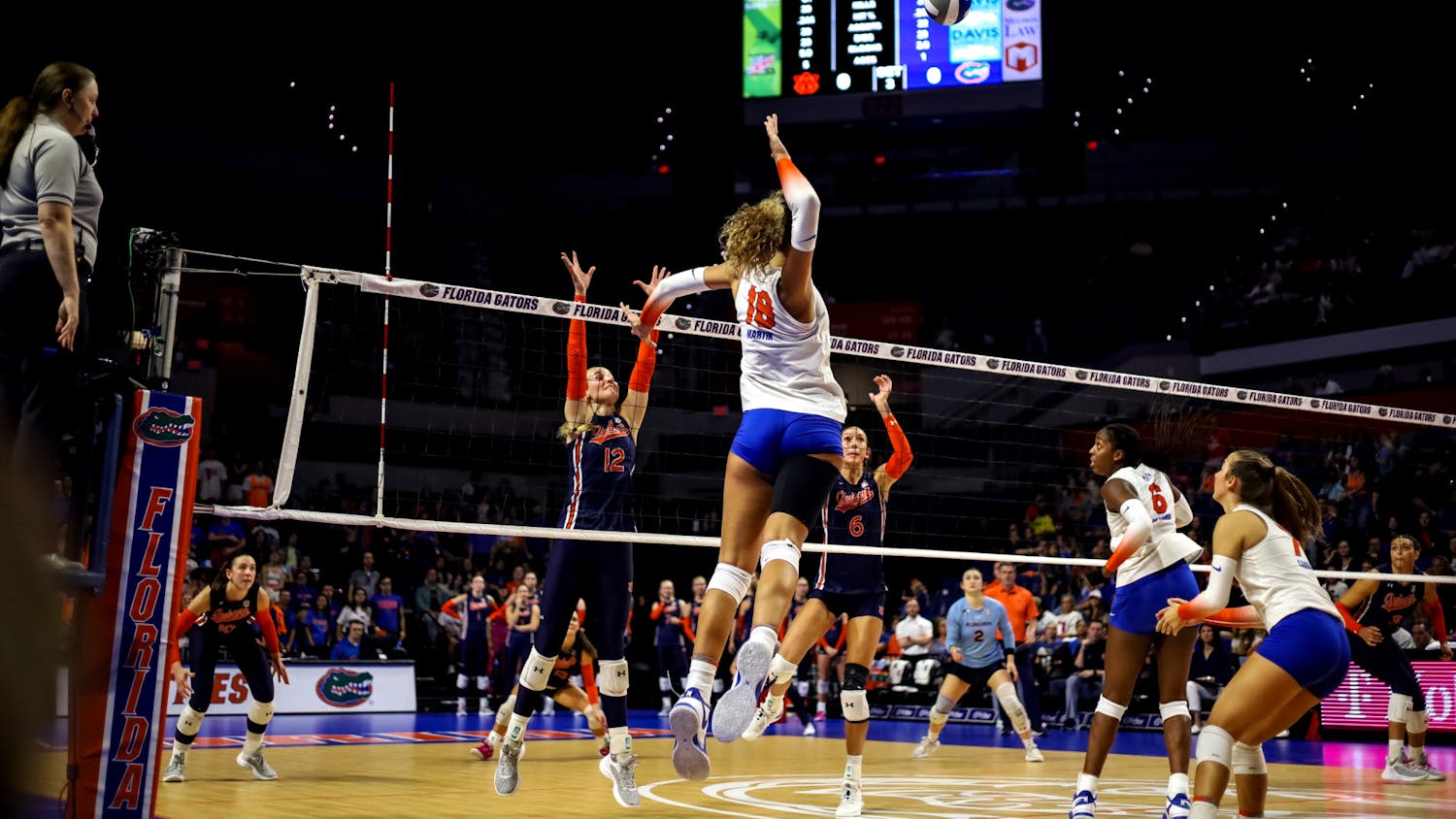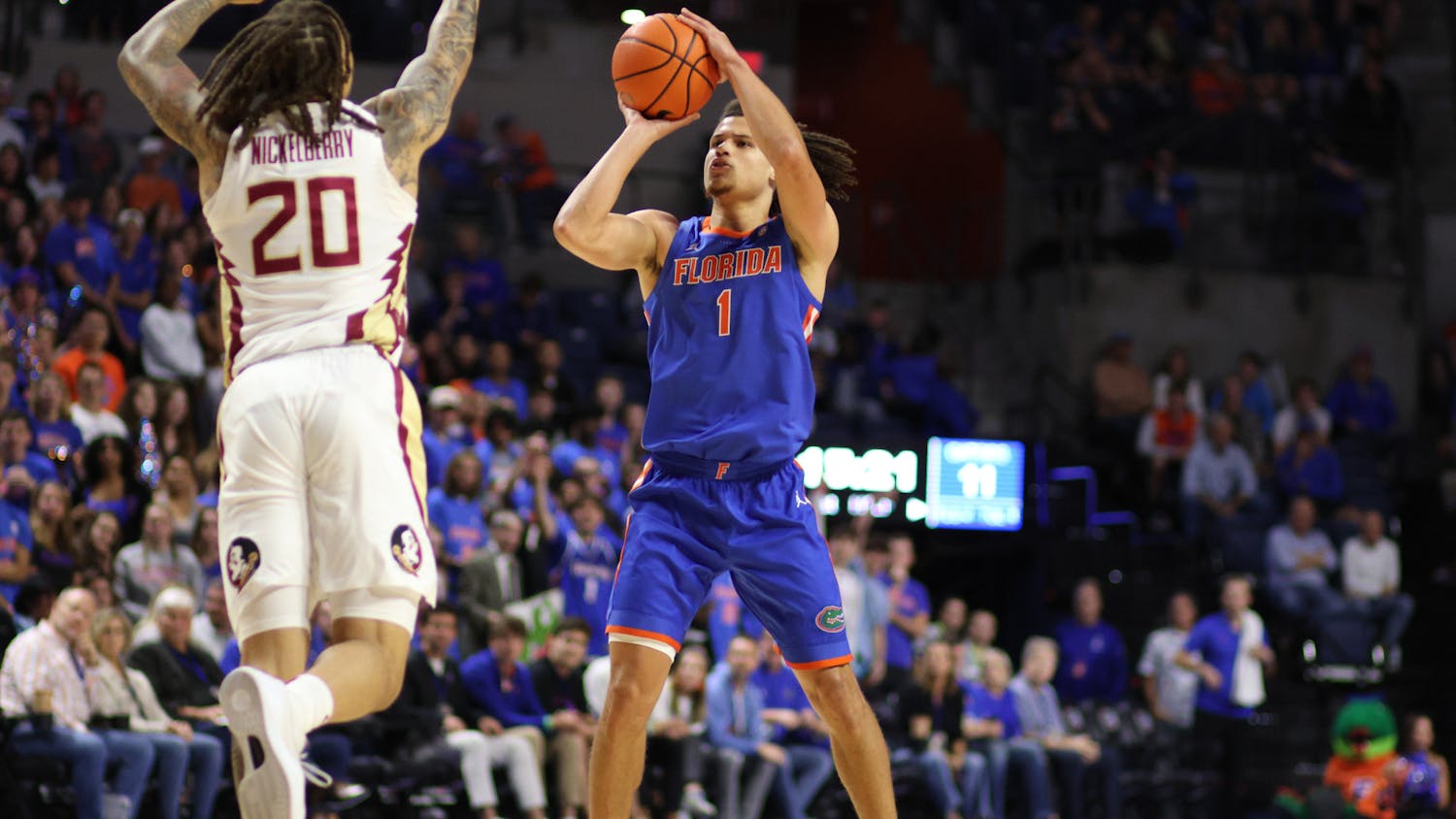Joe Browder may have talked about the Florida's history of environmental activism, but he warned his audience not to take history too seriously.
Browder spoke to a crowd of about 85 Thursday night at Pugh Hall.
He said history has a tendency to make struggles like the environmental movement seem less intense than they were.
"History has a way of sanitizing conflicts and making the prevailing participants appear to have been safer and more acceptable than they were at the time," Browder said.
Browder, an environmental activist who worked in the Carter administration and served as the conservation director of Friends of the Earth, helped preserve the Florida Everglades and continues to work as an environmental consultant.
Browder said the environmental activism of the 1960s and 1970s was possible because of the public awakening that occurred across Florida and the nation.
He said the public's frustration over the Vietnam War and the struggle with discrimination led to an increased openness to the movement on a national level, while South Florida was open to an opportunity to end its associations with land fraud and crime.
"I think we were riding somebody else's waves," Browder said.
Looking back on his role as an environmental advocate, Browder said he encouraged students interested in protecting the environment to develop a thick skin and a willingness to engage in conflict.
Ryan Scott, a Gainesville resident, said Browder's message emphasized standing up for the environment even in the face of adversity.
Scott said the speech taught him how the history of Florida's natural resources involves a connection between industry, the economy and politics.
Jack Davis, an associate professor of history at UF, said he values Browder for his ability to offer precise, first-hand memories about his role and the roles of other figures in the environmental movement.
Davis interviewed Browder for his biography of environmentalist Marjorie Stoneman Douglas, who worked with Browder.
"He has a steel-trap mind," Davis said.
Browder will be donating letters, newspaper clippings and photos to the UF Libraries Special Collections during a ceremony at Library East at noon today, Davis said.






